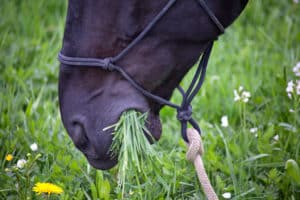
Transitioning Horses to Spring Pastures
Abruptly putting a horse on pasture can lead to colic or laminitis. Here’s advice to help avoid health problems.
Proper feeding practices for foals, adult horses, and older horses

Abruptly putting a horse on pasture can lead to colic or laminitis. Here’s advice to help avoid health problems.
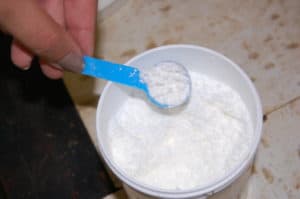
Horses with cellulitis need medical intervention from a veterinarian, but these efforts can be supported through a balanced diet. Here’s why.
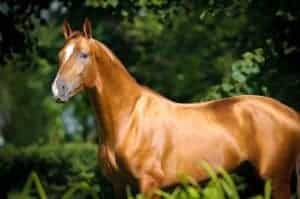
Before adding fat to your horse’s diet to improve his coat, be sure he’s on a balanced diet and that you’re grooming him regularly.
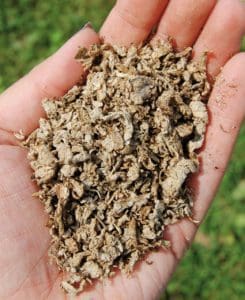
An equine nutritionist answers common questions about beet pulp, which has long been a mainstay in many feed rooms for horses, especially during the winter months.

Vitamins and minerals comprise a small portion of the horse’s diet by weight, but their importance is enormous. Learn more about when supplementation might be needed.
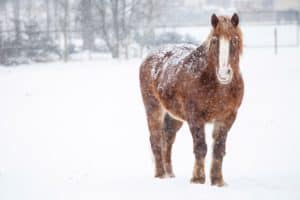
Cold weather affects older horses more than it does their younger companions. Learn how to keep your senior comfortable and healthy during cold weather.
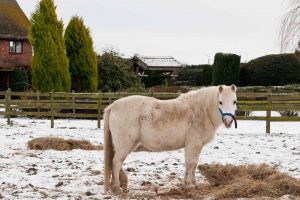
An equine nutritionist explains why you should consider your individual horse’s needs and forage source before choosing a ration balancer.
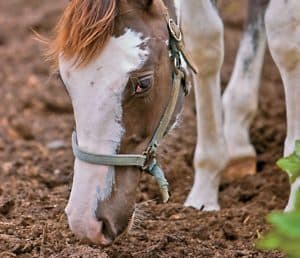
Decipher fact vs. fiction when it comes to the complicated world of feeding horses.
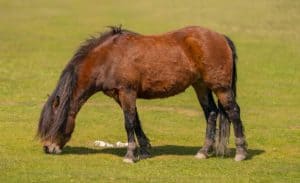
Find out how your horse’s diet could support shedding and his incoming summer coat.
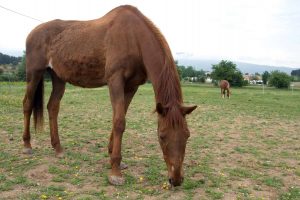
Internal parasites can damage horses’ digestive tracts, causing lifelong issues with nutrient absorption.
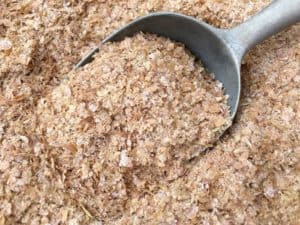
While steeped in tradition, feeding bran mashes can cause GI distress in horses. Learn why, and discover alternatives.

Follow these 3 steps to feed your horses efficiently and potentially help reduce your feed bill.
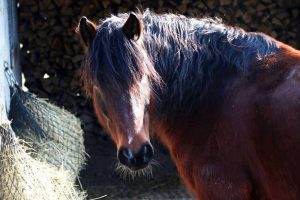
Learn why your horse might benefit from a slow hay feeder and how to choose the right one.
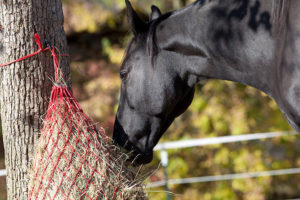
Get tips for ensuring your horse gets the nutrition she needs without eating all your money.

Buy quality hay and grain and store it in cool, dry places to preserve nutrient content and prevent spoilage.
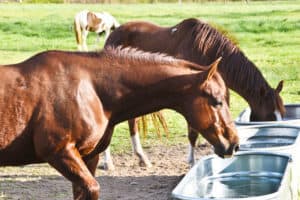
Water is an essential nutrient for horses. Find out why it’s important to keep your horses’ water sources clean and explore common challenges horse owners face.
Stay on top of the most recent Horse Health news with
© 2022 Copyright Statement dolor sit amet, consetetur sadipscing User Terms, sed diam nonumy eirmod tempor invidunt ut labore et dolore magna aliquyam erat, sed diam voluptua. At vero eos et accusam et justo duo dolores et ea rebum. Stet clita kasd gubergren, no sea takimata sanctus est Lorem ipsum dolor sit amet.
"*" indicates required fields